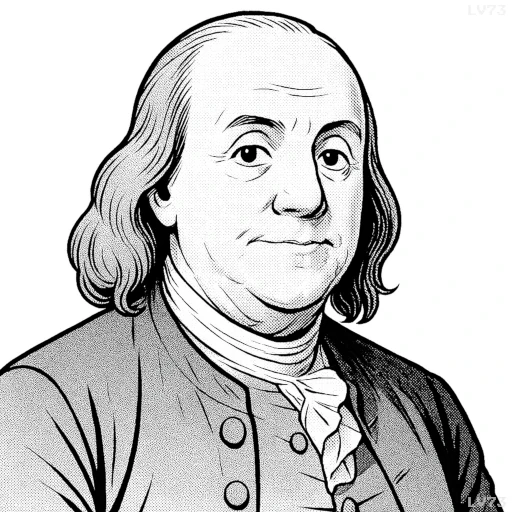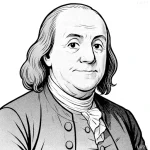“When in doubt, don’t.”

- January 17, 1706 – April 17, 1790
- American
- Polymath, Founding Father of the United States, Inventor, Diplomat, Writer
table of contents
Quote
“When in doubt, don’t.”
Explanation
In this short and pointed maxim, Benjamin Franklin offers practical advice grounded in prudence and self-restraint. The phrase “when in doubt” refers to moments of uncertainty, especially when making decisions that may carry risk or moral ambiguity. By advising simply “don’t,” Franklin suggests that if an action raises hesitation or discomfort, it’s often wiser to pause or abstain than to proceed impulsively.
This quote reflects Franklin’s broader commitment to reason, caution, and ethical living. He believed that clear judgment and foresight were crucial to success and virtue, and that inner doubt can serve as a signal to slow down and re-evaluate. His life, built on careful choices and measured risk, demonstrated that restraint is often a mark of wisdom, not weakness.
In today’s fast-paced and pressure-filled world, where people are frequently pushed to act quickly or decisively, Franklin’s advice remains powerfully relevant. Whether in personal relationships, financial decisions, or moral dilemmas, his quote reminds us that uncertainty is not a green light—it’s a caution flag. Listening to that inner hesitation may be the very thing that protects integrity, well-being, and long-term success.
Would you like to share your impressions or related stories about this quote in the comments section?


